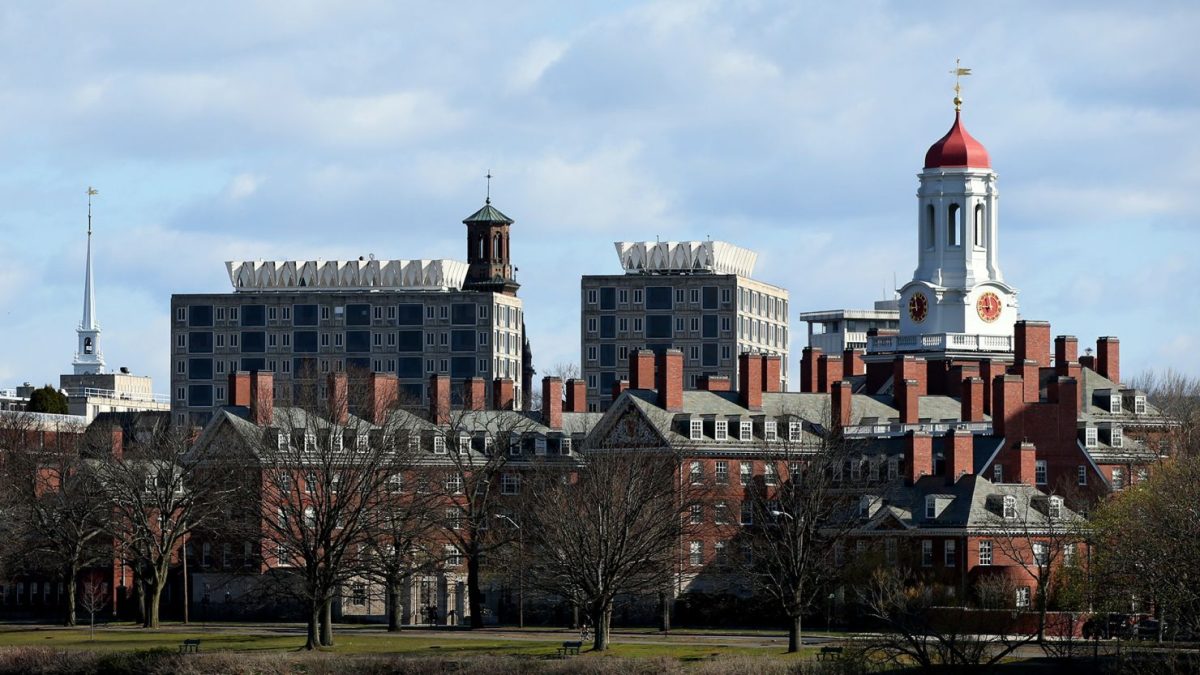U.S.
Judge Determines That Google Acted Illegally to Maintain Monopoly
Last year, the Justice Department claimed that Google maintained a monopoly over advertising software through illegal means in a lawsuit filed by the federal government and eight states. On April 17th, the judge overseeing the case, Leonie Brinkema, ruled in favor of the government, agreeing with two of the three central parts of its argument. The government argued that Google held a monopoly over three parts of the online advertising market: the technology used by publishers to display ads, the technology used to buy the ads, and the digital space where those transactions take place. The judge agreed with the first two, but threw out the third one, claiming that the government’s lawyers “failed to show that advertiser ad networks […] constitute a relevant product market.” JudgeMrs. Brinkema will now decide what to do about the monopoly. Google lost a similar antitrust lawsuit last year regarding its monopoly over online search, and the federal judge involved is still considering how to resolve the case.
Record Senate Speech
Senator Cory Booker of New Jersey broke the record for longest Senate speech on April 1st, denouncing the actions of President Trump’s Administration for 25 hours and five minutes without bathroom breaks. The longest previously recorded speech had been delivered by Strom Thurmond, a Senator from South Carolina, in an attempt to stall a piece of civil rights legislation by filibuster. Mr. Booker’s speech did not appear to be an attempt to block a particular piece of legislation, but rather an attempt to inspire others to stand against the Trump Administration.
Europe
Friedrich Merz to Become German Chancellor
Germany’s conservative Christian Democrat Union (CDU/CSU) and more liberal Social Democrat Party (SPD) have reached a deal to form a coalition that would allow Friedrich Merz, the leader of the CDU/CSU, to become the next Chancellor. Even before becoming Chancellor, Mr. Merz had gotten a measure passed in the Bundestag, the German Parliament, that would allow his government to borrow and spend more money than it usually would. Germany’s constitution includes a strict debt brake that limits the amount of money Germany spends in order to keep potential budget deficits; this means that Mr. Merz’s government will be far more prepared to take on the challenges it now faces, from crumbling infrastructure to a resurgence in hostility from both Russia and the U.S.
U.K.’s Supreme Court Rules That Trans Women Are Not Legally Women
The Supreme Court of the U.K. ruled on April 16th that trans women did not fall within the legal definition of women for the purpose of interpreting the Equality Act of 2010, a law to prevent discrimination. In its ruling, the court declared that a trans woman “does not come within the definition of ‘woman’ for the purposes of sex discrimination in […] the EA 2010”, referring to the Equality Act. However, the Court also emphasized that it was not its job “to adjudicate on the arguments in the public domain on the meaning of gender or sex” and that its ruling only applied to the word “woman” in the context of the EA 2010.
Possible Alien Life?
A team of researchers at Cambridge have, after repeated analysis, discovered a possible sign of life on the planet K2-18b, roughly 120 light years away. The study claims that possible hints of dimethyl sulfide, a “biosignature gas” known for being produced by marine algae, but admitted that the “inference was of low statistical significance.” It emphasized that additional research would be required to confirm the observations. While this research is not a sure sign of alien life, it is quite possibly the surest to be identified as of yet.
Asia
South Korea Removes Impeached President
(This story is a continuation of past editions. Click here for the most recent one.)
Yoon Suk Yeol, the South Korean president who was impeached after a short-lived declaration of martial law, was removed by South Korea’s Constitutional Court on April 4th, ending months of turmoil. His successor must be chosen within 60 days by a national election, with the interim government, led by Han Duck-soo, governing in the meantime.
Hong Kong’s Lead Opposition Party is Disbanded
Hong Kong’s Democratic Party, the city’s primary opposition, announced it would dissolve itself on April 13th. Its original purpose was to pressure China into giving Hong Kong more autonomy and freedom than the rest of the country had, as Beijing had promised to do in treaties with the U.K. before Hong Kong was returned to China from British colonial rule. However, the Chinese government has scaled up its attacks on the city’s independence since 2020, when it enacted a sweeping national security law that expanded its ability to crack down on dissent. The decision to disband reflects the Democratic Party’s doubts that it would be able to maintain robust opposition in the face of increasing repression from Beijing.













![Zordan, E. (2025). Gillian Murphy. [Photograph] The New York Times.](https://chswarriorscroll.com/wp-content/uploads/2025/10/unnamed-1200x1200.png)









